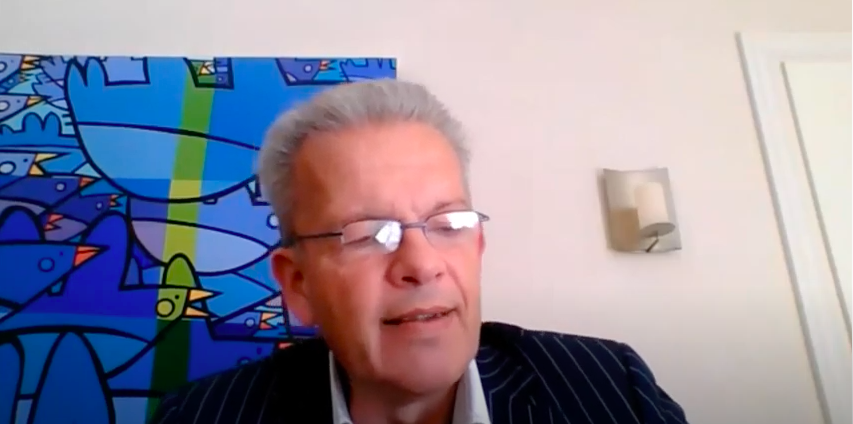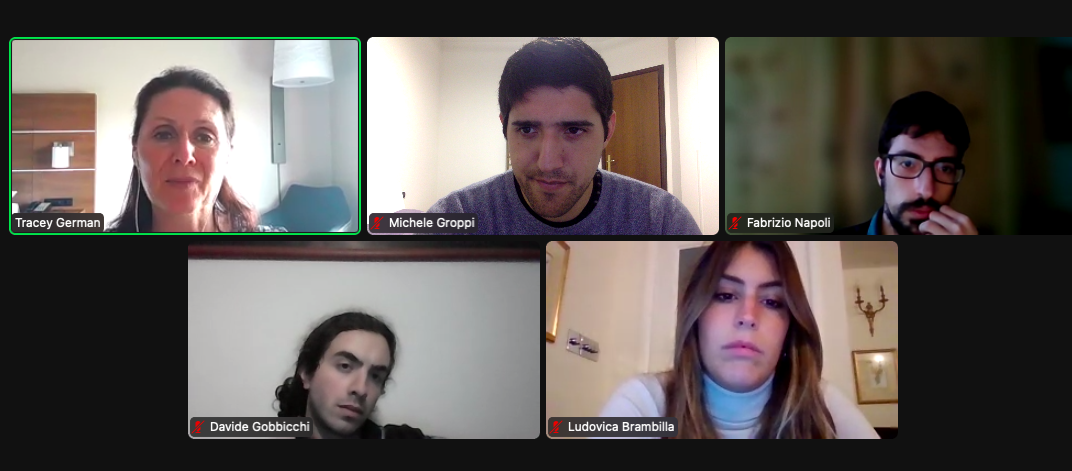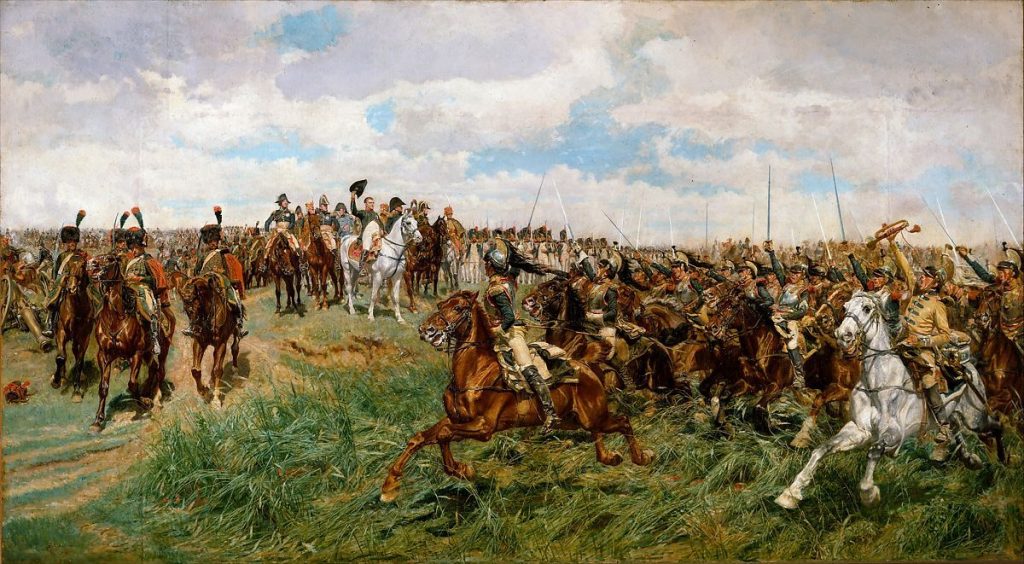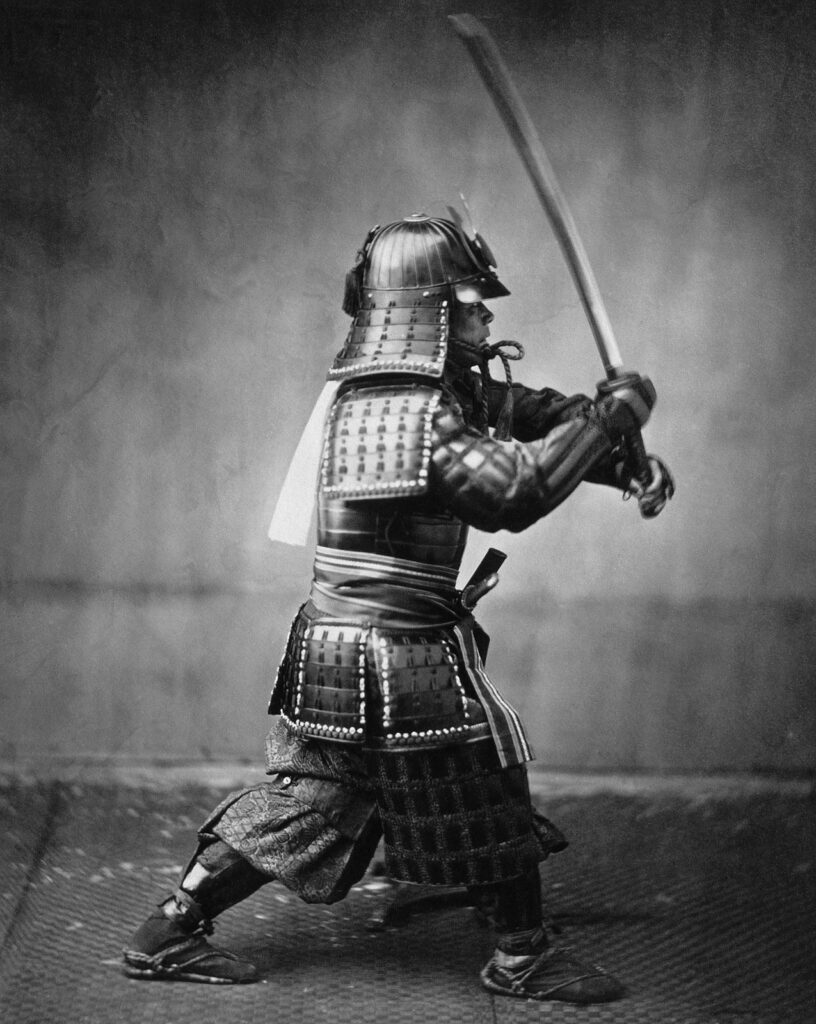Authors: Danilo delle Fave and Justine Le Man.
The current international crisis provoked by the invasion of Ukraine has led to a renewed thrust toward a major integration of European defence initiatives. On March, 21st of 2022, the Strategic Compass for security and defence was adopted by EU Member States. It provides a plan of action for strengthening the EU’s security and defence policy by 2030. Structured around four pillars: act, invest, partner and secure.
Act: Europe needs to be able to “act rapidly and robustly whenever a crisis erupts, with partners if possible and alone when necessary”. To be able to do it, Europe needs to reinforce the interoperability and the cooperation of European civilian and military during CSDP (Common Security and Defence Policy) missions.
Invest: “We must resolutely invest more and better in defence capabilities and innovative technologies, both at the EU and national levels”. By agreeing to this condition Member States commit themselves to devoting a larger share of their budget to European defence but also to taking part in more collaborative European projects along the CARD (to devoting a larger share of their budget to European defence) recommendations to “develop a resilient, competitive and innovative European Defence Technological and Industrial Base throughout the Union".
the Union”.
Partner “partnerships are an essential instrument to support the EU’s ambition to be global strategic player”. The EU needs to reinforce and take into consideration all its partners:international organisations such as NATO, UN… but also, bilateral partners who share the same values as the United-States, Canada, Norway, UK and Japan.
Secure “enhance its ability to anticipate threats, guarantee secure access to strategic domains and protect its citizens”. To be able to anticipate threats, the EU needs to focus on common intelligence capacities by developing common tools and a common policy to face new threats like cyberattacks.
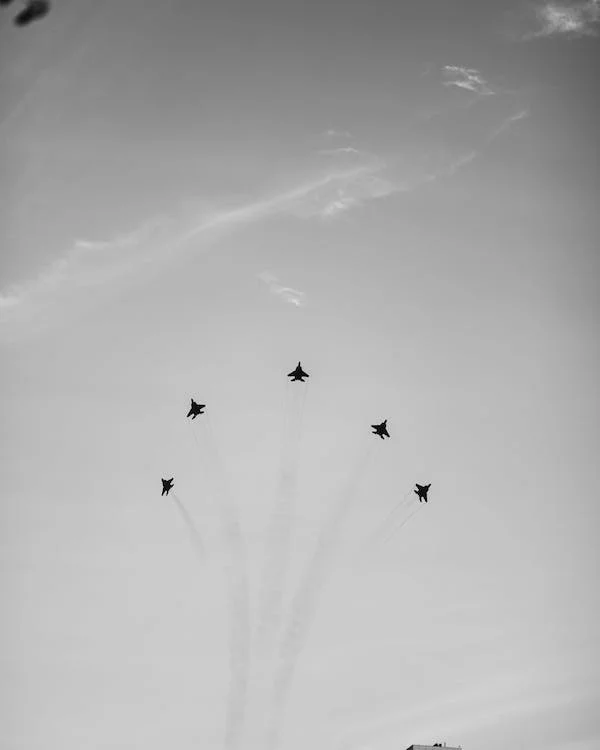
Over the last few years, the cooperation between European countries increased thanks to collaborative defence agreements.
In 2017, the Permanent Structured Cooperation (PESCO) was adopted by the Council of the European Union to enable 25 EU Member States to develop their defence and security cooperation for better interoperability and to increase military capabilities. With the Coordinated Annual Review on Defence (CARD), which provides the correct information flow, the European Defence Fund (EDF) devoting a larger share of their budget to European defence and the Military Planning and Conduct Capability (MPCC), the aim of EU institutions is to make EU members leading projects together from training on the field to the research projects.
In order to strengthen those instruments, the European intervention initiative was launched: the French President Macron declared in a speech at the Sorbonne University in 2017, that Europe needed a shared strategic culture. In order to do so, in the next decades Europe should have a common intervention force, a common defence budget and a common doctrine for action. Today there are 13 countries in this initiative (11 EU Member States, Norway, and the United Kingdom). Despite major advances and progress to build European defence based on a better interoperability on the ground and a stronger solidarity and cooperation between army and political leaders, especially since the beginning of the Ukrainian war, Europe faces strong debates about the sovereignty and the place of a European defence with or without NATO.
The focus on a European defence and the adoption of the strategic compass reinforces the principle of the strategic autonomy of Europe which made some countries reluctant on the subject. In fact, for some of them, that means pushing away NATO and focusing only on Europe. For Josep Borell, the High Representative of the European Union for Foreign Affairs and Security, “the more Europeans invest in their own defence capabilities, the more they will become as partners for the US” and the implementation of the Strategic Compass “could boost defence cooperation and strengthen Europe’s military clout, in complementarity with NATO”.
The difficulty of building a real entity in Europe is, in a big part, linked to the history of each country which makes Europe a multicultural whole. Some of the eastern countries for example see NATO as the only way to be protected and the invasion of Ukraine reinforces that perception, fearing further Russian expansion. The issue of sovereignty is another constraint factor for the construction of a strong Europe of defence. In fact, some countries are reluctant to cede sovereignty. For some countries this reluctance concerns the budgetary and fiscal fields. It is mostly the case for Nordic countries: the “New Hanseatic League” created in 2018: Denmark, Sweden, Finland, Estonia, Latvia, Lithuania, the Netherlands, Ireland, which do not want to be burdened by too costly solidarity with the rest of Europe. The deteriorating security in Europe has led those countries to increase their share of budget defence. This is the case of The Netherlands, which has declared that the country will reach the benchmark of at least 2% of their gross domestic products on defence by 2024, which represents an increase of 40 percent in its spending.
For the last few years, large progress has been made to build a strong European defence but there are still lots of blockages due to too many political differences between European countries. According to General Robert Brieger, Chairman of the EU Military Committee “We (Europeans) should give up some national sovereignty in developing key capabilities”. Now that EU Member States are aware that, to face the actual and future threats, they need to do more, one important point led us to the technical issues and the need a real industrial and economic consortium. One of the major obstacles for a common European defence is represented by procurement. The competition between consortia and firms has prevented the standardization of armaments, from bullets to tanks, and the lack of harmonization in procurement policies by member states has led to a duplication of programs and weapon systems.
The main reason is based on economic considerations: military technology has a dual use nature now more than ever. The development of high-tech technologies provides a trickle-down effect on a national market: firms that work on the procurement of military technology acquire expertise and know-how capable of being used in civilian projects and technologies. An example is represented by the GPS: born as a military technology, it is now part of everyday life used by firms like Google, Tesla, and so on.
The stakes are indeed high, and so the competition for the conquest of market niches. Each member state tries to favour its industries and national champions and at the same time does not want to renounce technoscientific diplomacy. The technological offsets, both hardware and software, constitute an important instrument to influence other countries. High-tech armaments or projects could be used to conclude international agreements. For instance the participation in the US F-35 program has been used by Washington to pressure the Turkish stance toward Russia. With this in mind, one possible solution for European defence procurement could be the “juste retour system”, as already working in the European Space Agency. Of course this division of labour comes not without shortfalls: the procurement policy will be focused not on the best provider of the requested service but on the distribution system of juste retour. The risk is the development of armaments and projects less efficient and the political pressure by member states, with the consequences that a defective or ineffective technology could have both on the economic and defence field.
